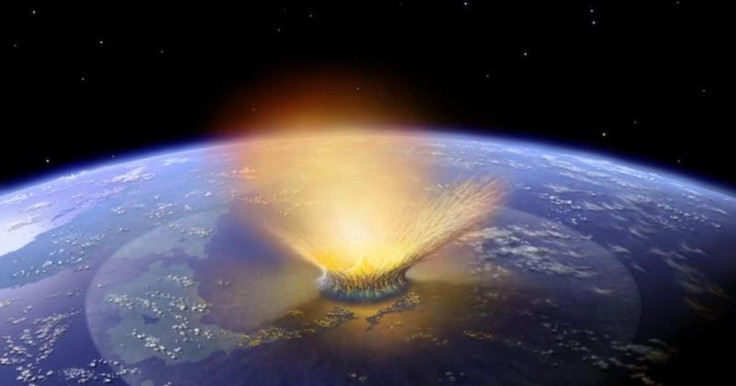Expert Describes Earth’s Demise Following Major Asteroid Impact

Due to the looming threat of a major asteroid impact, an astrophysicist described what would happen to Earth during the catastrophic event. According to the astrophysicist, aside from the devastation caused by the actual impact, Earth will also suffer through the event’s prolonged effect on the environment.
For Brad Tucker, an astrophysicist for the Australian National University’s Mt. Stromlo Observatory, the destruction caused by an asteroid strike extends far beyond the impact area.
Due to the amount of energy that will be released following a large asteroid explosion, it can cause massive ground movements similar to a really powerful earthquake.
“These things move so fast, with so much intensity, they’d literally cause the ground to move like a liquid,” Tucker told The New Daily. “It all goes into the Earth’s atmosphere.”
Aside from the initial impact, Tucker noted that an asteroid strike would also have long-term effects on Earth due to the amount of energy that its explosion would release. In fact, from 2000 to 2013, a global monitoring agency that tracks nuclear weapons has detected around 26 asteroid explosions that are more powerful than an atomic bomb.
This includes the Chelyabinsk meteor event that happened over Russia in 2013. The meteor, which measured 20-meters across, exploded around 20 kilometers above ground and damaged thousands of buildings and other structures in the surrounding area. Over 1,000 individuals were reportedly injured due to the disastrous event.
According to Tucker, the huge explosion from an asteroid strike would produce a layer of dust that’s thick enough to completely block out the Sun. Once this happens, living organisms that depend on sunlight will eventually die.
“This layer of dust will block out the sunlight for a very prolonged period of time,” he said. “Vegetation starts to die. The things reliant on vegetation fade away.”
Tucker explained that today’s modern world might go through the same event that wiped out the dinosaurs millions of years ago.
“It’s not like the dinosaurs all disappeared in a single instant, it’s a prolonged period of global climate change, something we cannot imagine, that transformed the shape of the Earth quite literally,” he said.
© Copyright IBTimes 2024. All rights reserved.





















